Friday the 13th is a date & day combination that has long been associated with bad luck, superstition, and even fear. It often evokes a sense of unease or dread. For centuries, people across different cultures have viewed this day with suspicion, avoiding important activities, travel, or major decisions. But how did this superstition start, and why do so many people continue to believe in it? Let’s delve into the origins, beliefs, and psychological reasons behind the superstition of Friday the 13th.
The Origins of Friday the 13th Superstition
The fear of Friday the 13th is known as “paraskevidekatriaphobia”—a term that combines the Greek words for “Friday” and “thirteen” with “phobia” (fear). To understand this fear, it’s essential to break it down into two separate superstitions: the fear of the number 13 (triskaidekaphobia) and the fear of Fridays.
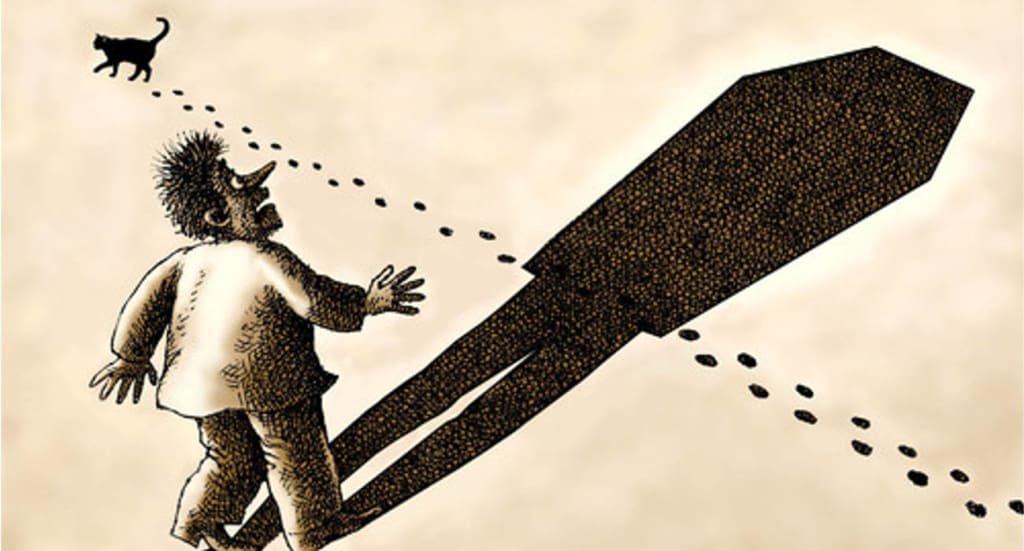
The Number 13: A History of Unluckiness
The fear of the number 13 has deep roots in history, and it is believed to originate from various cultural, religious, and historical sources:
- Norse Mythology: One popular story comes from Norse mythology. It is said that 12 gods were having a dinner party in Valhalla, and the trickster god, Loki, who was not invited, showed up as the 13th guest. Loki then caused chaos by arranging for the death of Balder, the beloved god of joy and gladness, leading to darkness and mourning.
- The Last Supper: In Christian tradition, the number 13 is considered unlucky because it represents Judas Iscariot, the disciple who betrayed Jesus. The Last Supper had 13 attendees: Jesus and his 12 apostles, with Judas being the 13th. The crucifixion of Jesus, which happened the next day on Good Friday, further deepened the association of the number 13 with misfortune.
- Ancient Legal Systems: Some believe the fear of 13 might also stem from ancient legal systems that favored round numbers. The Code of Hammurabi, one of the world’s oldest legal codes, famously omitted a 13th law, suggesting that even in ancient times, 13 was regarded as an imperfect number.
The Combination of Two Unlucky Symbols
The combination of an already feared day (Friday) and an unlucky number (13) led to the superstition around Friday the 13th. But how did this combination gain prominence? The answer may lie in literature and popular culture.
Thomas W. Lawson’s Novel “Friday, the Thirteenth” (1907): One of the earliest instances of the superstition being popularized can be traced back to this novel by Thomas W. Lawson. The book tells the story of a stockbroker who takes advantage of the superstition to create panic on Wall Street on Friday the 13th. The novel gained popularity, and with it, the superstition began to seep into mainstream consciousness.
Hollywood and Popular Culture: The superstition was further cemented by the 1980 horror movie franchise “Friday the 13th.” The movie’s portrayal of a terrifying serial killer linked to the date added a new layer of fear and intrigue, making Friday the 13th synonymous with horror in pop culture.
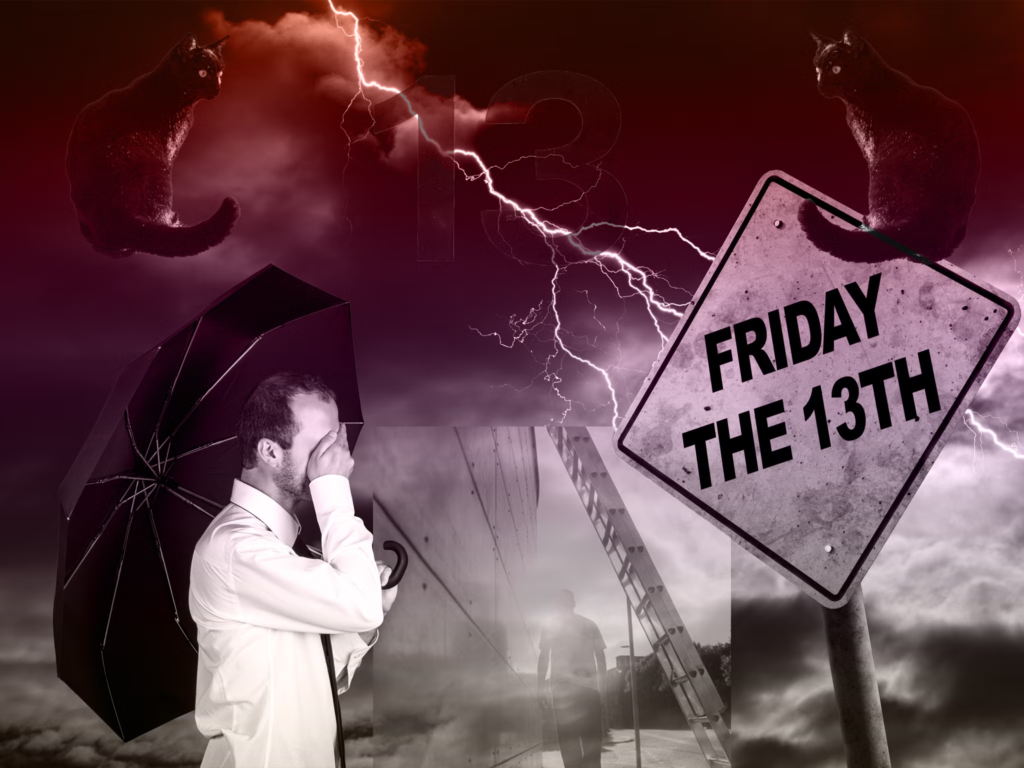
Why Do People Believe in Friday the 13th Superstition?
The persistence of the Friday the 13th superstition can be attributed to several psychological and social factors:
1. The Power of Cultural Reinforcement
When a belief is widely shared across cultures and reinforced over generations, it becomes part of the collective consciousness. People grow up hearing stories of bad things happening on Friday the 13th, which gets ingrained as a cultural norm. This cultural reinforcement leads people to attribute any misfortune occurring on this date to the superstition.
2. Confirmation Bias
Psychologists often explain superstitions like Friday the 13th using the concept of confirmation bias. This is the tendency to notice and remember events that confirm one’s beliefs while ignoring those that do not. If someone believes that Friday the 13th is unlucky, they are more likely to remember the bad things that happened on that day and forget any good or neutral events.
3. The Need for Control in Uncertain Situations
Humans have a natural desire to understand and control their environment. Superstitions provide a sense of comfort in uncertain situations. When things go wrong, people often look for reasons outside their control. A date like Friday the 13th provides an easy explanation for random misfortunes, which helps people feel that they can anticipate or avoid future bad luck.
4. Media Influence
The media plays a significant role in perpetuating the superstition of Friday the 13th. Movies, TV shows, and news outlets often highlight the date as a day of strange occurrences and disasters. Sensationalized stories of accidents or unfortunate events occurring on Friday the 13th create a feedback loop that strengthens the superstition.
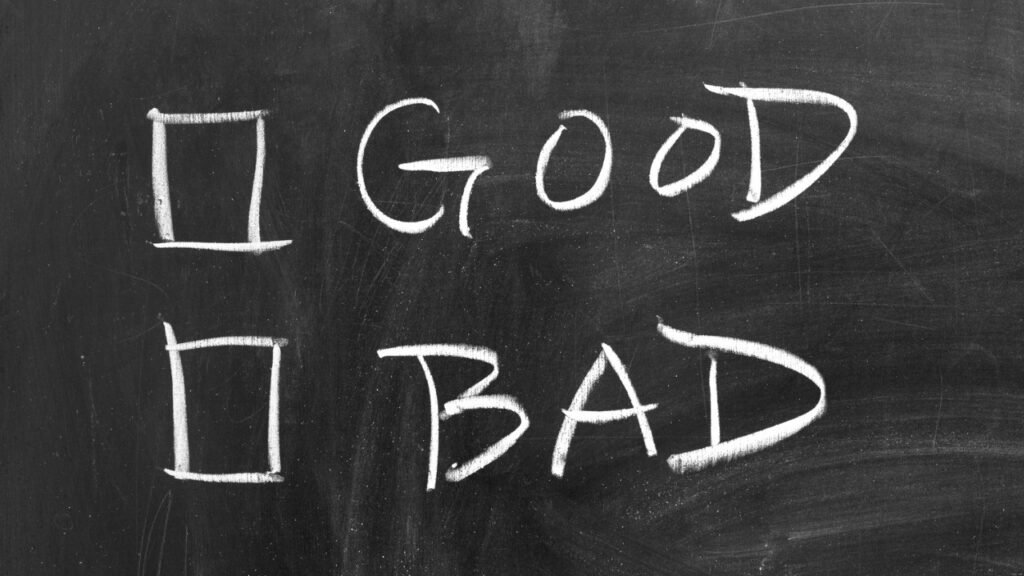
Does Friday the 13th Really Bring Bad Luck?
Despite the widespread belief, there is no scientific evidence to suggest that Friday the 13th is any more unlucky than any other day. Studies have shown that the number of accidents, injuries, or misfortunes that occur on this date is no higher than on any other day. In fact, some studies even suggest that fewer incidents occur on Friday the 13th because people are more cautious, staying home, or avoiding risky activities.
However, the belief in the superstition itself can lead to what is known as a self-fulfilling prophecy. If people believe that Friday the 13th is unlucky, they may unconsciously behave in ways that increase their chances of something going wrong. Anxiety and distraction caused by the fear of the date can lead to accidents, mistakes, or poor decisions, which then reinforce the belief.
Conclusion
Friday the 13th is a superstition that has evolved over centuries, shaped by historical, cultural, and psychological factors. While there is no rational basis for believing that this day is inherently unlucky, the superstition persists because of cultural reinforcement, confirmation bias, and the human need to find meaning in randomness. Ultimately, whether Friday the 13th brings bad luck or not is up to the individual’s beliefs. For most people, it remains a curious cultural phenomenon, a day filled with both fear and fascination.











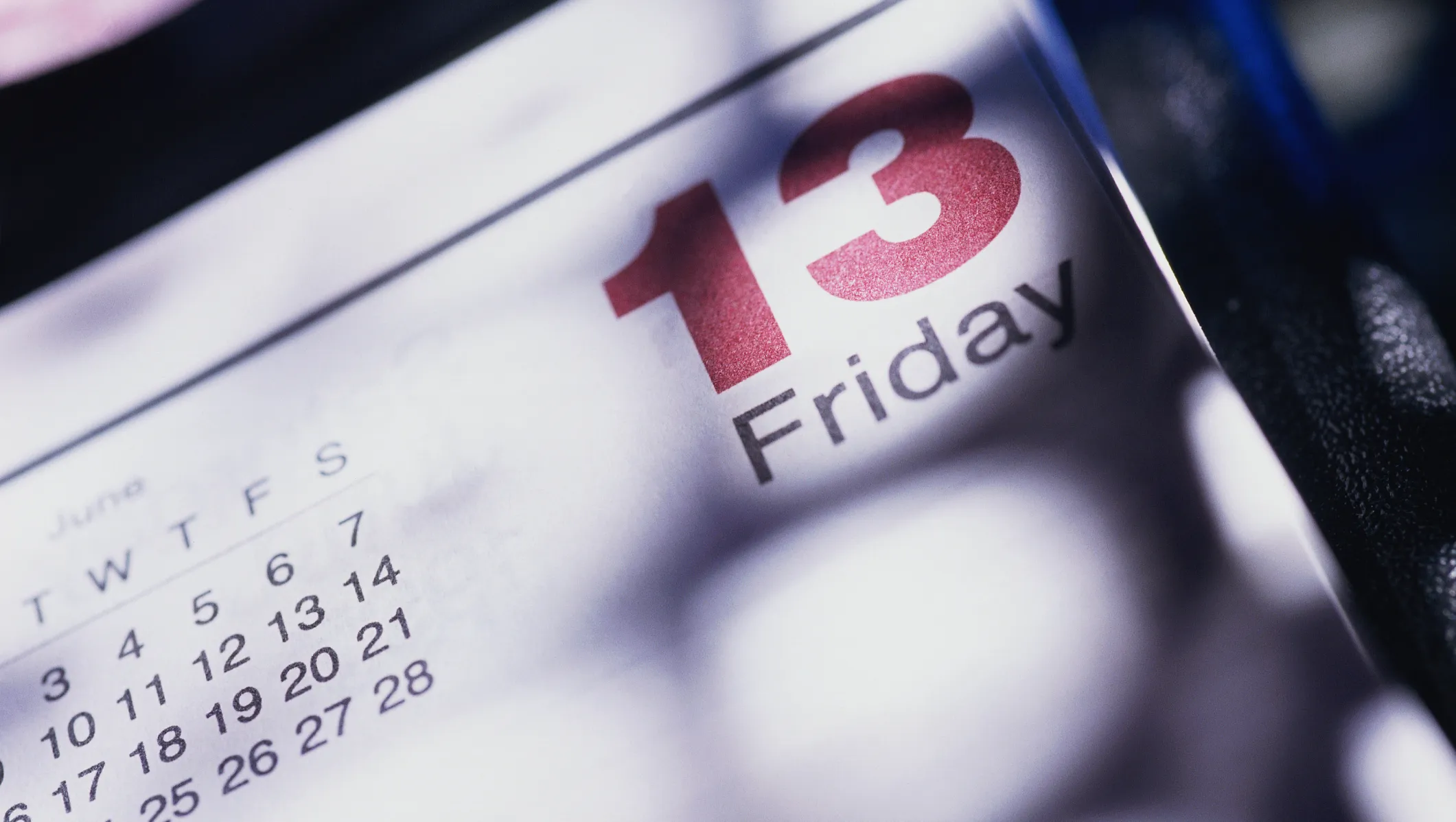
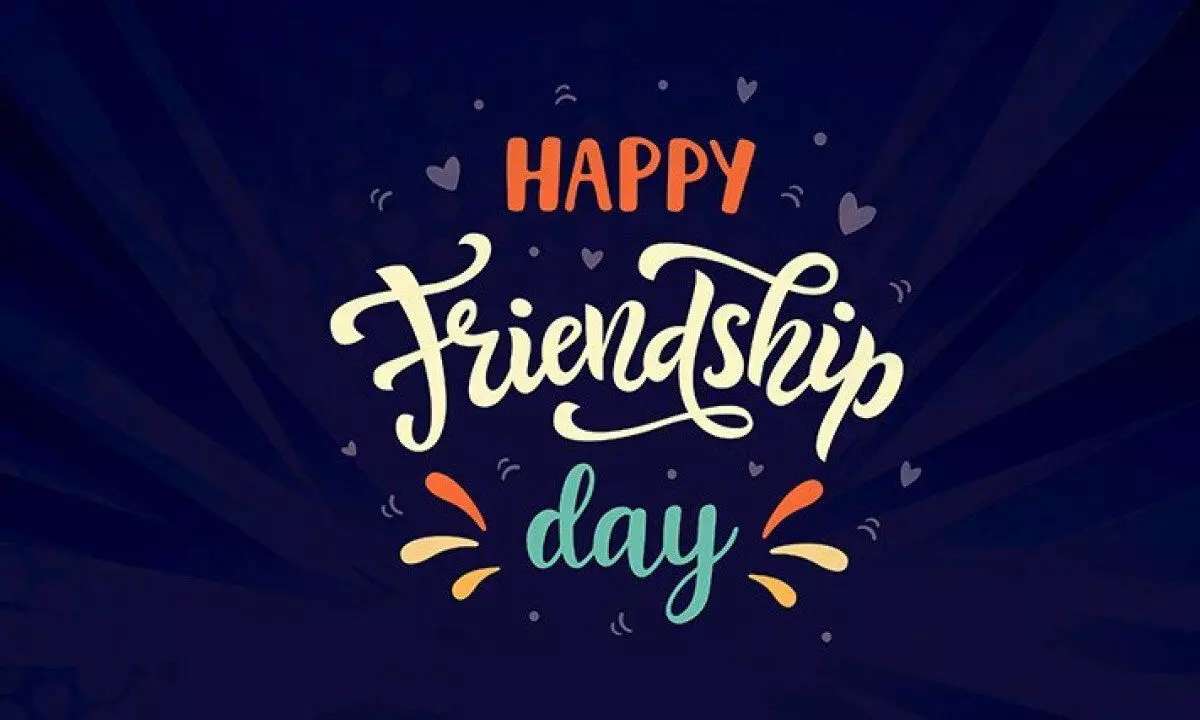
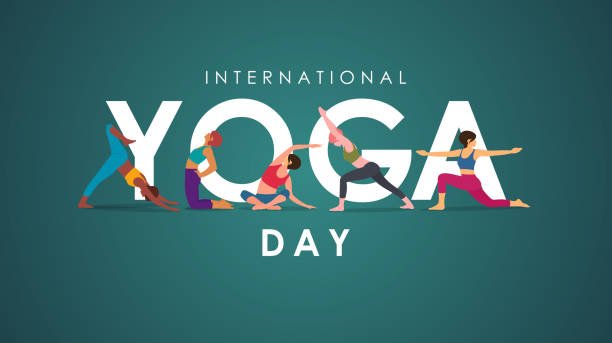
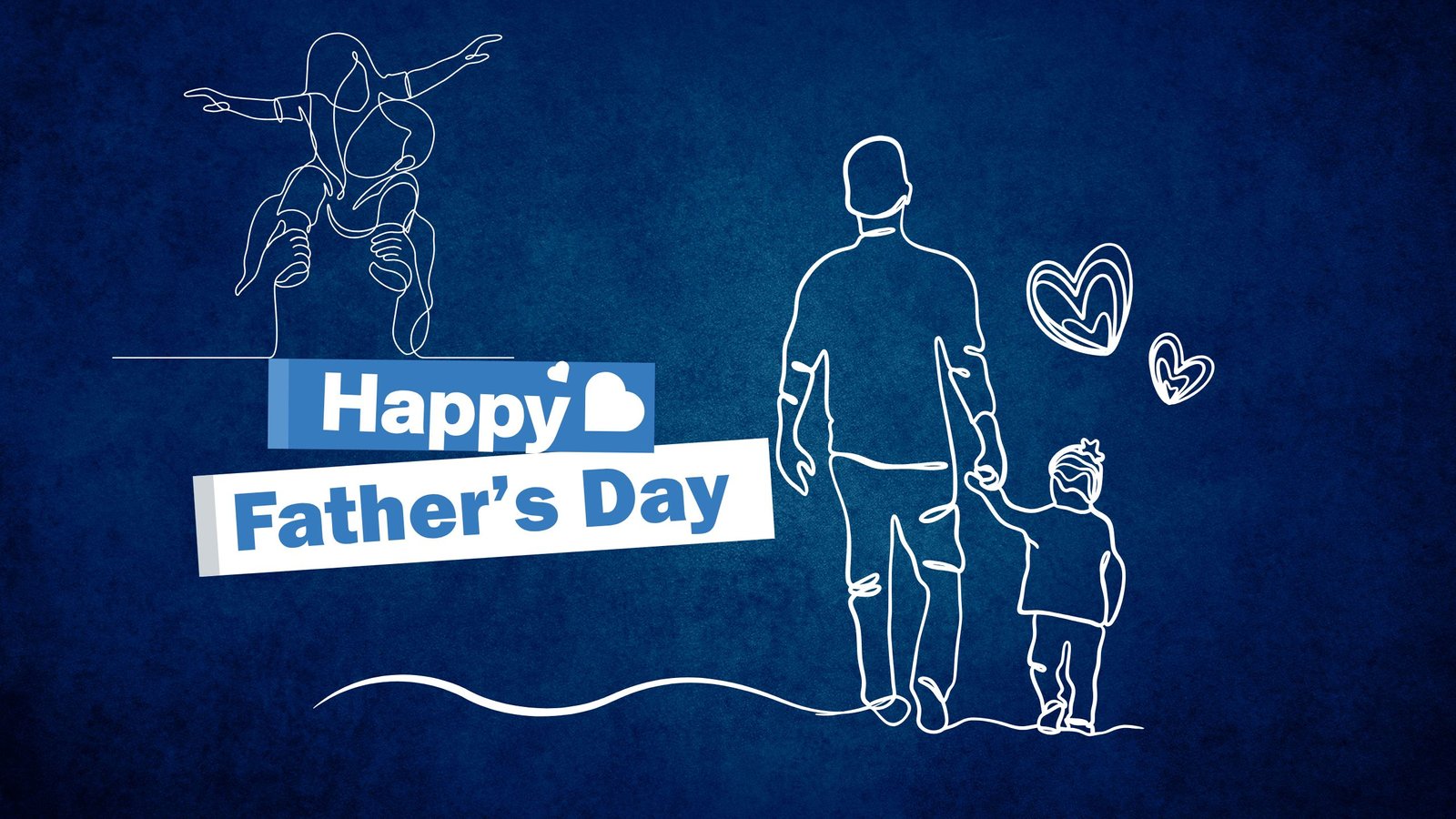
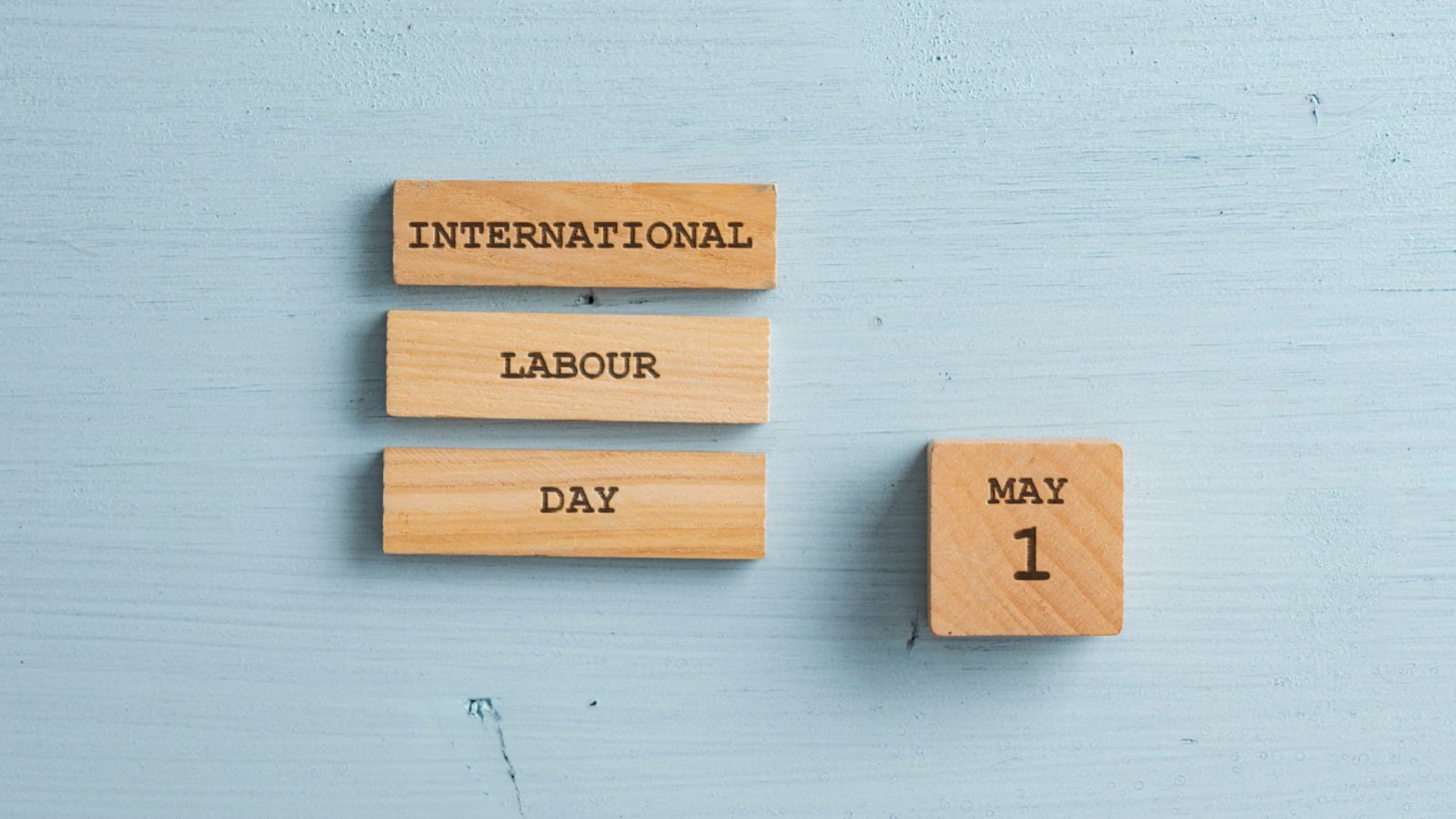
Insanont Hi there to all, for the reason that I am genuinely keen of reading this website’s post to be updated on a regular basis. It carries pleasant stuff.